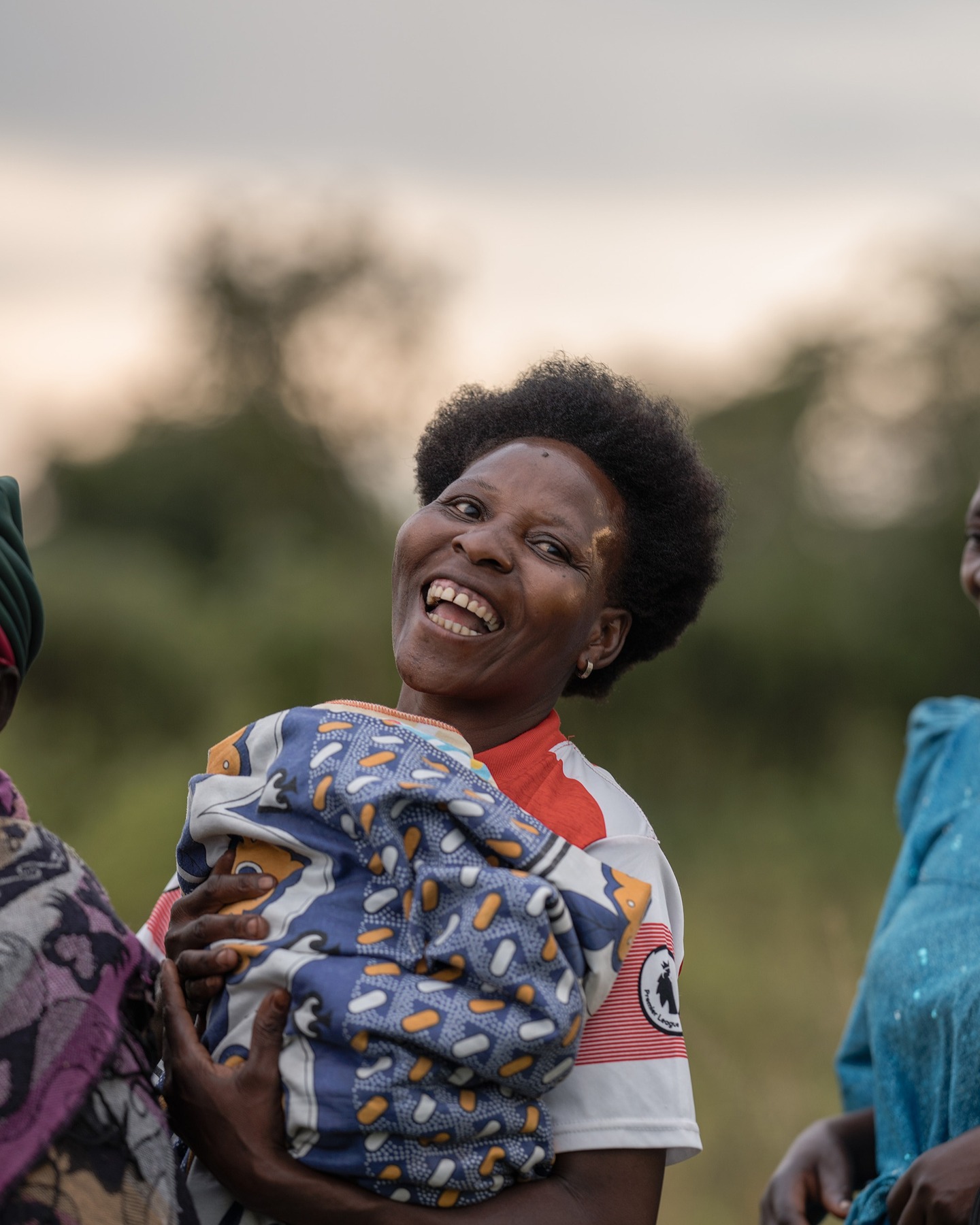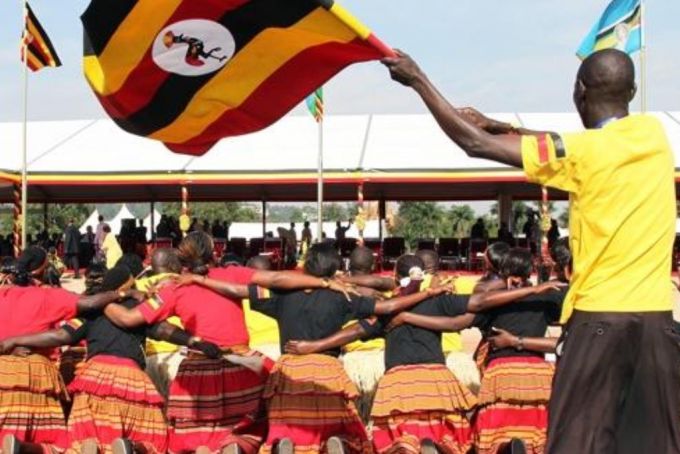
Jambo! International Mother Language Day
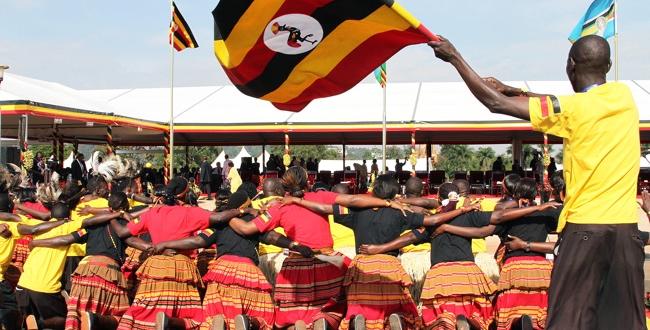
This week, on February 21, it is INTERNATIONAL MOTHER LANGUAGE DAY. This day was approved by the UNESCO (United Nations Educational, Scientific and Cultural Organization) General Conference and has been celebrated GLOBALLY since 2000, for twenty
“Understanding why and how languages differ tells about the range of what is human,” said Dan Jurafsky, the Jackson Eli Reynolds Professor in Humanities and chair of the Department of Linguistics in the School of Humanities and Sciences at Stanford. “Discovering what’s universal about languages can help us understand the core of our humanity.”
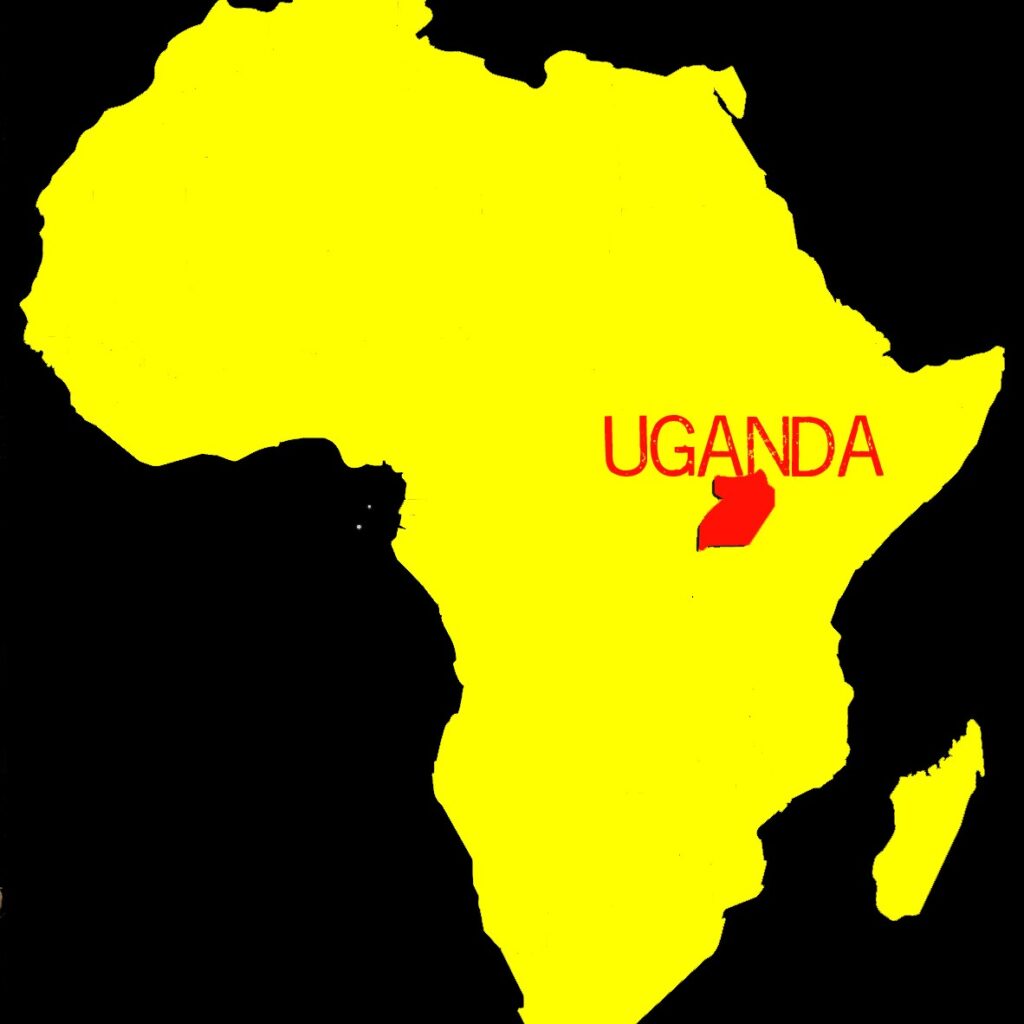
What is the language of Uganda?
Luganda, a Bantu language, is the common national language of Uganda. Wikipedia tells us it is spoken by more than eight million Baganda and other people principally in central Uganda, including the capital Kampala.
From Volunteertherealuganda.com: “Luganda is one of the main languages spoken in Uganda. It is the language of the Baganda tribe. While there are over 50 languages in Uganda, Luganda is by far the most widely spoken in the south central region. The Kingdom of Buganda stretches from Lyantonde in the west to the River Nile in the east. Luganda is a musical language that is spoken rather slowly. It’s not at all like English.”

In the areas that ROWAN serves, Lusoga is the regional language.
From Wikipedai:
“Lusoga (Soga) is a tonal Bantu language. It is the native language of people who are indigenous/originally from the Busoga region. In terms of the number of speakers, is one of the major languages spoken in Uganda, after English, Swahili, and Luganda. However, it is mainly spoken in the Busoga region of southern Uganda by + 3 million people (2007 census). It is tonal in the sense that a given word can change its meaning depending on its tone, i.e. some words are differentiated by pitch. Words that are spelled the same may carry different meanings according to their pitch. Lusoga is rich in metaphors, proverbs and folktales.”
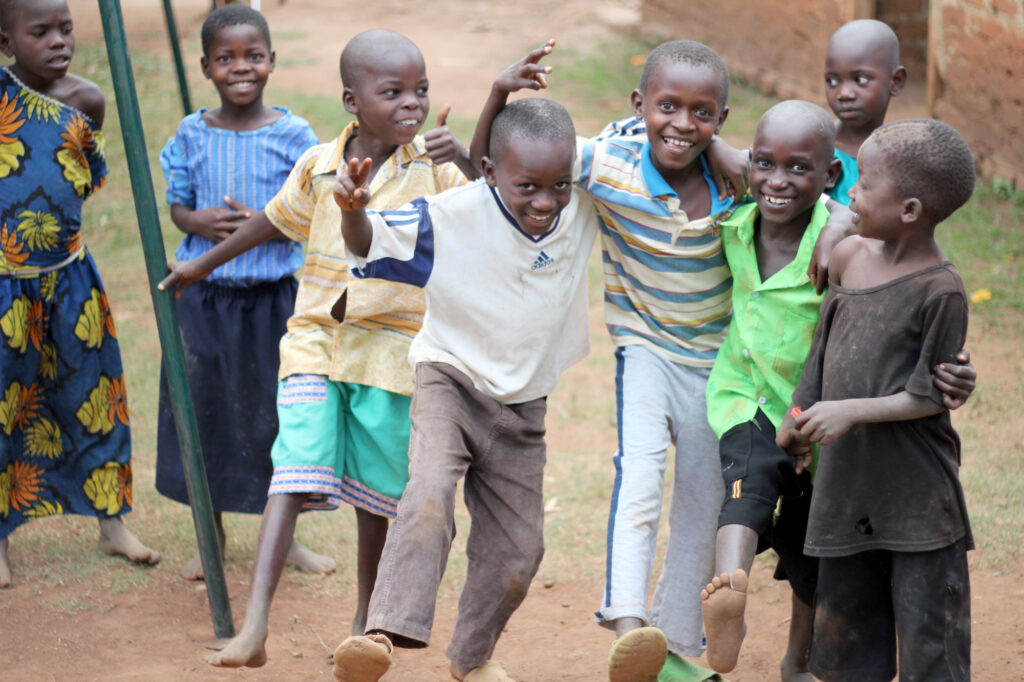
Language and communication are foundational and fascinating for understanding one another. God chose to create a multitude of diverse people and languages. When entering another’s language, it helps us to slow down and listen to one another. We stumble along together, until we are hearing each other. Learning from each other brings us together.
“He was given authority, glory and sovereign power; all nations and peoples of every language worshiped him. His dominion is an everlasting dominion that will not pass away, and his kingdom is one that will never be destroyed.” Daniel 7:14
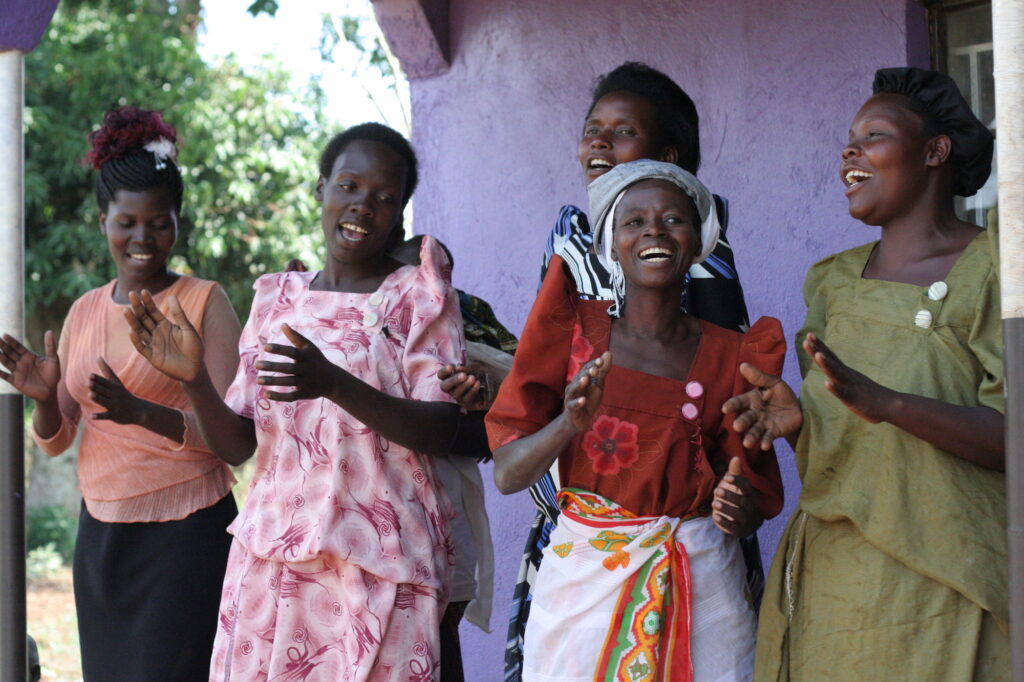
If you find yourself in Uganda visiting ROWAN, here are some of the common phrases you will definitely hear:
Jambo! Hello
Welaba! Goodbye
Mukama Yebizibwe Praise the Lord
Yesu Jesus
Catonda God
